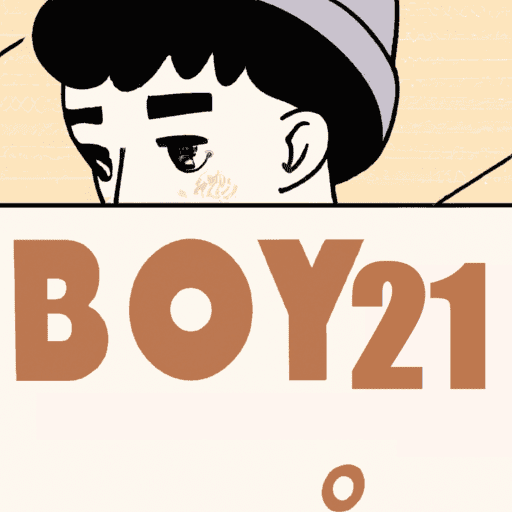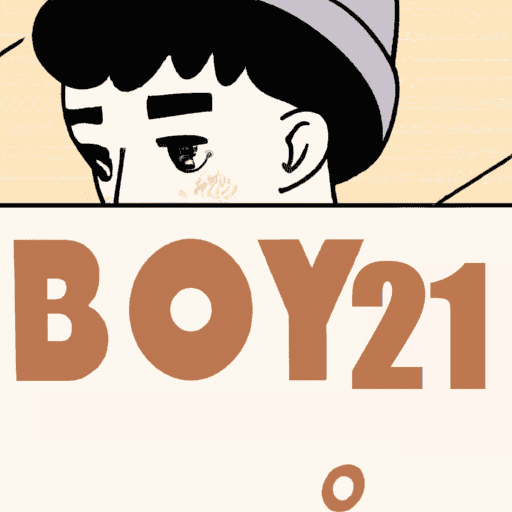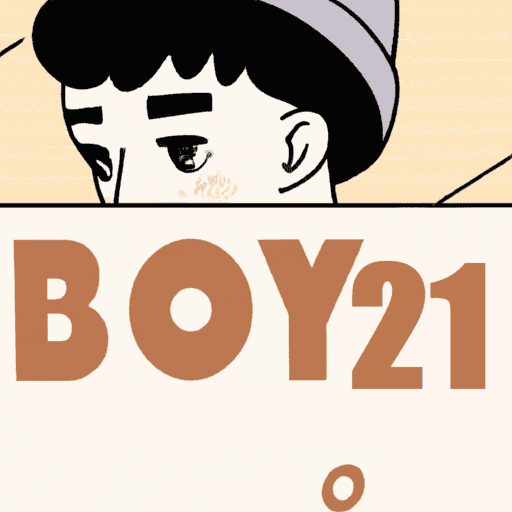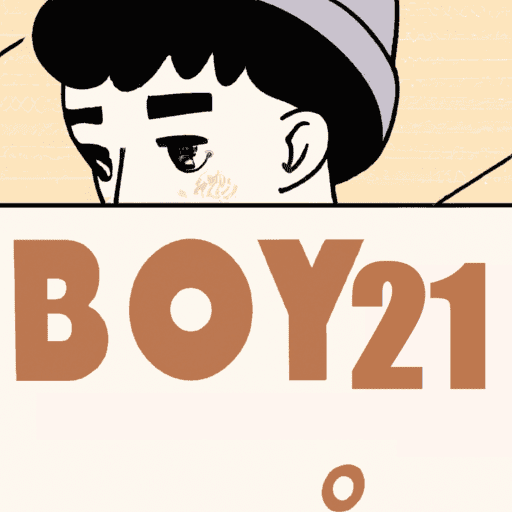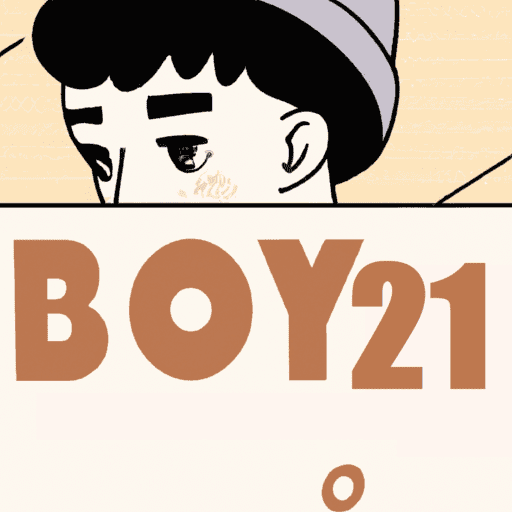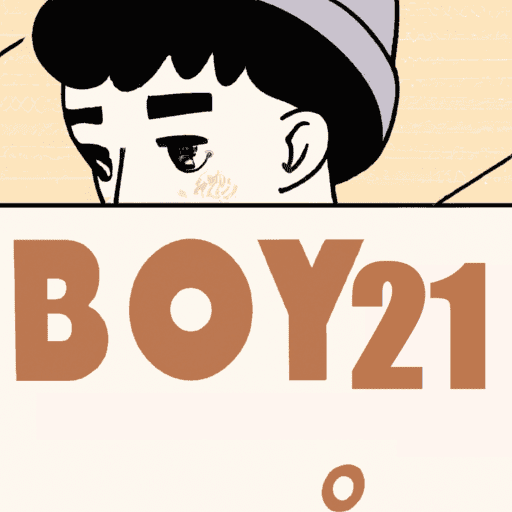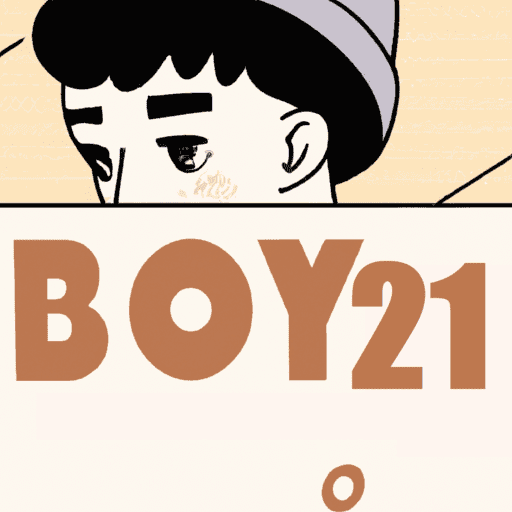
How do the characters in "Boy21" cope with loss and grief?
Matthew Quick’s coming-of-age novel Boy21 explores the myriad ways both teens and adults respond to and process overwhelming grief and loss. Through the raw yet nuanced portrayals of characters like protagonist Finley, his father, Russ, and others, Quick insightfully probes the complex emotions and coping mechanisms that emerge when faced with life-altering tragedy.
Finley's Descent into Darkness: Coping with Tragedy
For Finley, the sudden loss of his girlfriend Erin, compounded by witnessing her murder, triggers profound depression and post-traumatic stress. Quick depicts Finley spiraling into self-destructive behavior, abusing alcohol and lashing out violently as he struggles internally with guilt and hopelessness. Basketball, once Finley’s sole passion, can no longer distract from grief. Finley’s father is also consumed by the tragic loss of his wife years prior, as well as now witnessing his son’s anguish. He copes through emotional distance, overwork, and avoiding meaningful interactions with Finley. Quick poignantly juxtaposes the father’s isolation with his underlying love for family, illuminating how men often conceal vulnerability.
Russ's Imaginative Healing: Coping with Unthinkable Trauma
In contrast, Finley’s eccentric friend Russ has constructed an elaborate imagination to process witnessing his parents’ brutal murder. While undeniably traumatized, Russ’s quirky fantasies and obsession with space represent his mind’s attempts to grapple with a loss too horrific to confront directly. Quick insightfully portrays the range of responses to grievous loss while emphasizing the universality of suffering it causes. All these characters illustrate the human struggle to sustain identity amidst tragedy, through means healthy or destructive, selfless or selfish.
Resilience and Connection: Overcoming Tragedy in Boy21
Through Boy21’s empathetic lens, Quick examines grief’s power to isolate but also unite those experiencing life-altering loss. The possibility of overcoming tragedy emerges in those still seeking connection, like Finley and Russ forming a redemptive bond. Quick suggests loss inevitably reshapes us, but resilence may be found through openness, understanding, and our shared humanity.
